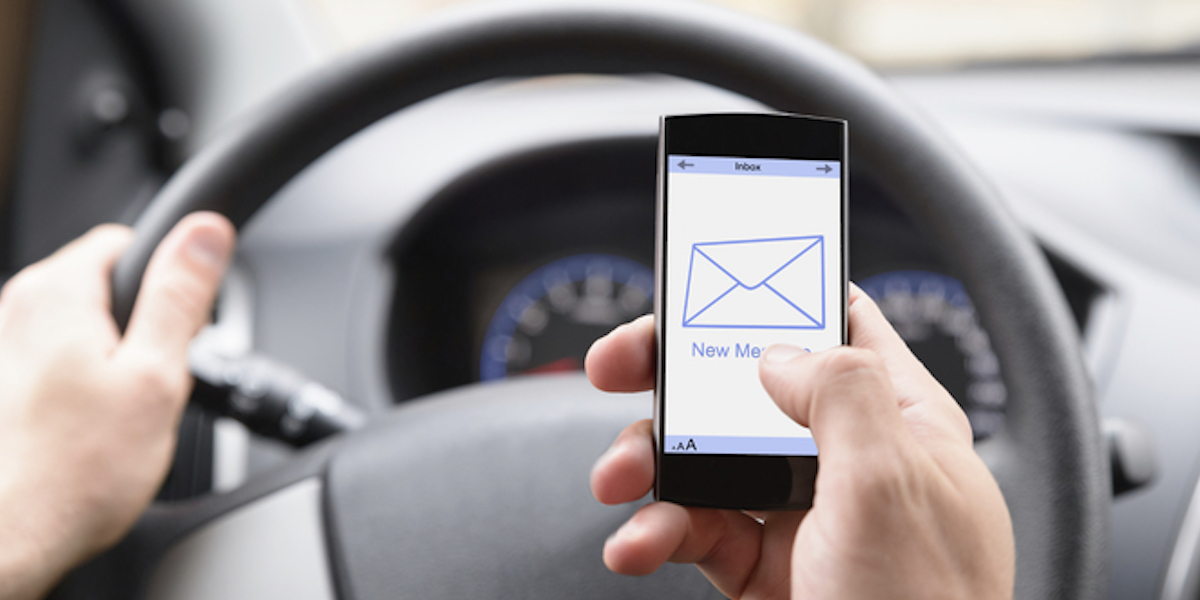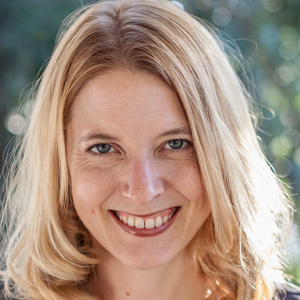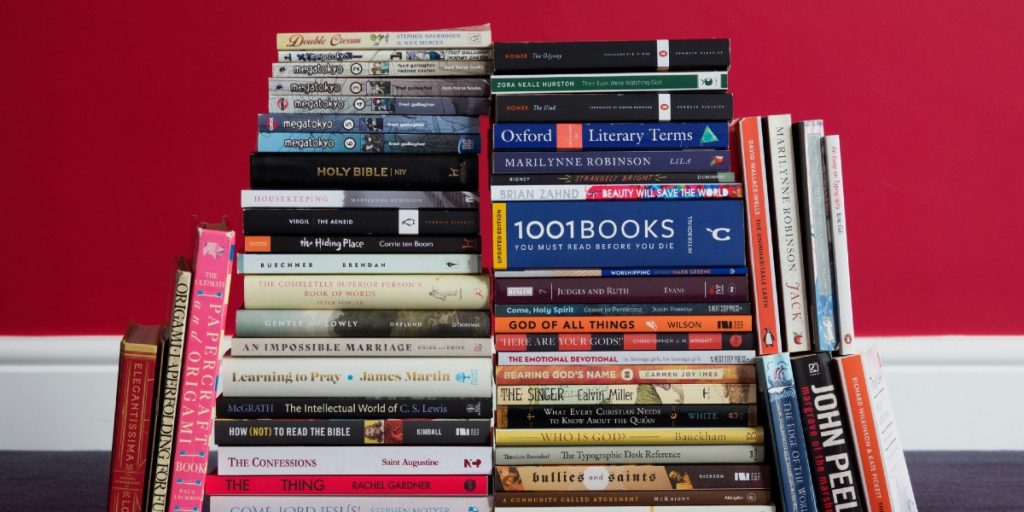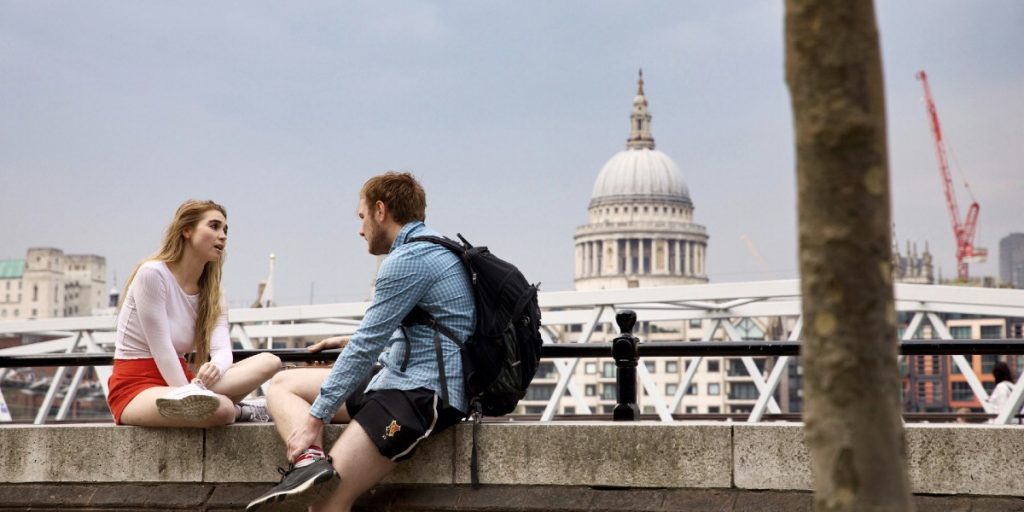If you are a fan of all things time management, then you are probably familiar with Julie Morgenstern. Her best known book, Never Check E-mail in the Morning, remains a classic primer on how to make work work better. Partly because of its influence, the question of whether you check email in the morning gets bandied about a lot in anything on morning routines (e.g. the My Morning Routine newsletter asks subjects this question).
Morgenstern’s message is quite sensible. “Email is undoubtedly the world’s most convenient procrastination device,” she writes. Checking email (not composing email, mind you) is often reactive. When you check it first thing, you get sucked into responding to other people’s queries. You lose what is often the most productive part of the day to other people’s priorities. “The most dramatic, effective way to boost your productivity is to completely avoid email for the first hour of the day,” she says. “Don’t let technology take away your time to think and apply your higher-level self to tasks.” Save email for lower energy times.
This remains good advice. However, Never Check E-mail in the Morning came out in 2004-2005. This was before the iPhone. Some people had Blackberries, but this was a few years before the Blackberry peak too. For many people, checking email in the morning meant walking into your workplace, booting up your computer, and then checking email first.
These days, checking email in the morning might happen before the workday has officially started. You check while waiting for the bus, or while in line for coffee.
There are more reasons to do so now too. Because everyone does have smart phones, the assumption is that you will see a message, even if it is sent relatively close to the event it is about. In other words, people will send an email at night canceling the 10:00 A.M. meeting. If you never check email in the morning, you might not be aware of that.
Fortunately, there is a way to get the benefits of never checking email in the morning while still checking email in the morning. It is to still follow the spirit of Morgenstern’s advice. That is, once you sit down at your desk, you devote that first hour to whatever you have deemed to be your top priority for the day. You focus for the full hour before breaking away to deal with the firestorm. However, you can take a quick glance at your inbox when you are somewhere other than your desk to make sure there is nothing like a meeting cancellation. That could be on the train, or even after you have parked your car in the office garage. Sit there in the driver’s seat, pull out the phone, look at your inbox, get the lay of the land. Then turn the phone off, and walk into your email-free zone, ready to conquer the world.
A version of this article originally appeared on Laura Vanderkam’s website.






























